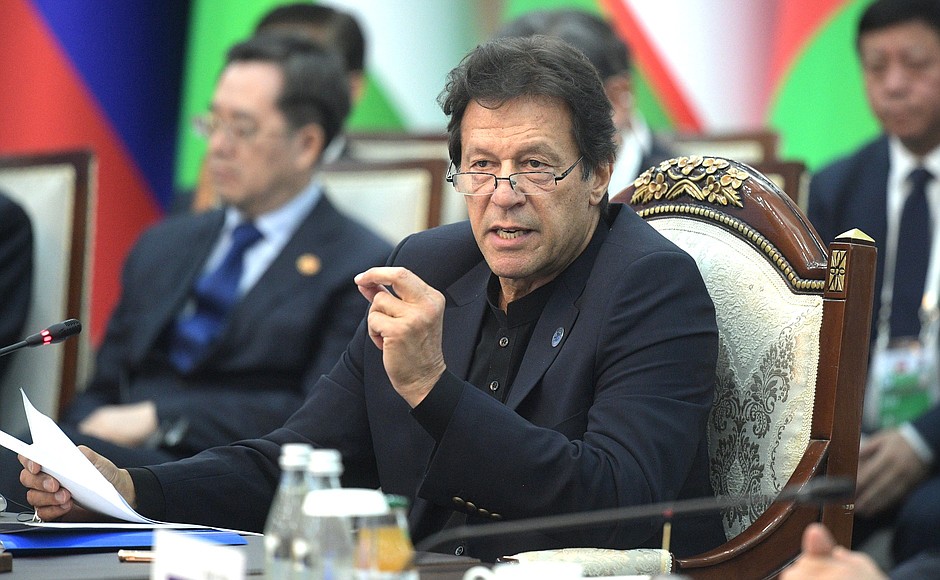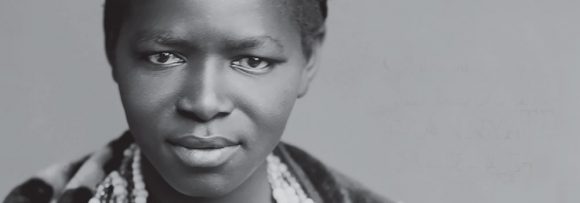By Aslam Fataar
As South Africa marks another Freedom Day, we are invited to reflect not only on the democratic gains of the past but also on the unfinished work of justice, dignity, and beauty in public life.
For many young South Africans, especially those navigating fractured post-apartheid realities, the idea of freedom often feels distant—abstracted by economic exclusion, educational inequality, racial injustice, and spiritual alienation. In this moment, we must ask anew: what kind of freedom are we cultivating, and for whom?
It is in this spirit that we offer a renewed ethical and aesthetic lens for youth formation—one rooted in the Islamic concept of adab al-iḥsān: the etiquette, excellence, and beauty of ethical living. At its core, iḥsān is the Qurʾānic and Prophetic call to act not merely with justice, but with beauty—to do what is right, and to do it beautifully.
In a world marked by dehumanisation and digital noise, this ethic calls on young people to be bearers of light: to cultivate presence, sincerity (ikhlāṣ), and compassion (raḥmah) in how they learn, speak, create, and relate. As khulafāʾ Allāh fī al-arḍ—custodians of the earth—young people have a sacred task: to reflect Divine qualities in a broken world.
A Youth Ethic of Beauty, Not Just Survival
Our youth are encountering a complex global landscape: algorithms that distort truth, school systems that marginalise non-Western knowledge, and political realities riddled with unresolved colonial violence. Despite these challenges, they are not passive victims. They are artists, organisers, learners, and spiritual seekers—striving to live meaningfully in the ruins and rebuild from below.
In this terrain, adab al-iḥsān is not an abstract ideal. It becomes a compass for moral clarity and creative agency. It asks: How do we respond to injustice without becoming unjust? How do we protest with grace? How do we post online with intention? How do we build community with beauty?
This ethic is not about perfectionism or politeness—it is about deep presence, ethical refinement, and the courage to bring beauty into the world. It means that one’s ʿamal (actions) become a form of worship, and one’s activism a form of duʿāʾ.
Worship as Self-Formation
Traditional Islamic practices—ṣalāh, duʿāʾ, dhikr, and taʿallum (learning)—are not just rituals. They are soul-shaping disciplines. They ground the young person in humility, rhythm, vulnerability, and trust. They nurture the self to act with ḥilm (forbearance), to listen with samʿ, and to think as ulū al-albāb—those of deep inner understanding.
Such virtues are critical today. In a world that rewards speed, self-promotion, and domination, these prophetic dispositions offer a counter-form of leadership—a leadership of grace, restraint, reflection, and generosity.
The Artistic Soul of Iḥsān
This ethic finds its most vibrant expression in the aesthetic languages of youth—poetry, theatre, digital media, music, and design. These are not separate from ethics; they are ethics in action. A meme can embody iḥsān if it conveys truth with mercy. So can a nasheed, a short film, a video clip, a heartfelt duʿāʾ, a mural, a moment of dhikr, a painting, a poem, or spoken word performance. Each becomes a vessel of beauty, sincerity, and resistance in a world in need of healing.
From Cape Town to KwaNobuhle, KwaMashu, and Lenasia, young Muslims are reclaiming ancestral wisdom and reimagining their faith through modern idioms. They are telling stories of migration, activism, memory, and mercy. They are making the Qurʾān audible in urban and rural spaces and remixing prophetic beauty into digital culture.
This is not entertainment. This is a form of spiritual and social repair.
Making Space for Moral Agency
If we truly believe in youth as khulafāʾ (moral agents), then society must create the conditions for them to flourish in their agency. This means:
- Educational spaces that honour Islamic and African knowledge traditions, not just reproduce colonial hierarchies.
- Creative platforms that enable youth to produce meaning through beauty, not just consume.
- Spiritual communities that speak to their realities, not just repeat inherited forms.
- Digital ethics that teach not just content moderation, but adab.
Freedom Day cannot simply celebrate political transition. It must confront the ongoing captivity of our imaginations. The dream of a just and beautiful society is not behind us—it must be cultivated now, and it begins with the ethical formation of our youth.
Towards a Future of Beauty
The Prophet ﷺ taught: “God has prescribed iḥsān in all things.” This is not a call to elitism, but to radical responsibility. Every word posted, every choice made, every act of care rendered in public or private—these can all be sanctified by beauty.
We owe it to our young people to take their moral and artistic potential seriously. We must walk with them, not manage them. Listen to them, not lecture them. And most importantly, create the space where their adab al-iḥsān can breathe—freely, fully, and faithfully.
Aslam Fataar is a Professor at Stellenbosch University and a former Deputy President of the Muslim Youth Movement of South Africa (1991–1993). He is the author of the recently published book, Cultivating an Ethics of Beauty and Excellence in Planetary Times: an engaged Muslim’s anthology, (December 2024, AWQAF-SA, Cape Town).
This article was first published in Al-Qalam on 25 April, 2025.












